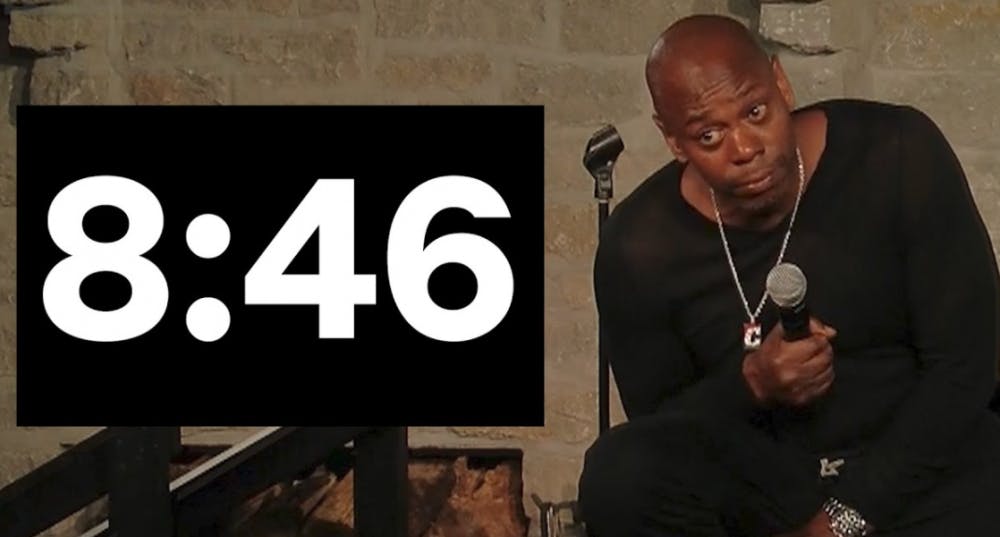For the semester’s final film in the Hirschfield International Film Series, Middlebury brought “Objector,” a 2019 documentary directed by Middlebury alumna Molly Stuart ’15. “Objector” provides a new view of the Israeli-Palestinian conflict, following 18-year-old Atalya Ben-Abba, who faces imprisonment for refusing obligatory enlistment in the Israeli army.
The documentary opens with a conversation between Atalya and her mother, who sits on a couch reading Tolstoy’s “War and Peace.” Familial tension rooted in Atalya’s decision to reject military enlistment drives the story, as the film documents Atayla’s alienation from her extended family, and Israeli society as a whole. As the walls close in from all sides, Atalya finds allies in her brother Amitai and her immediate family.
Amitai Ben-Abba, '15, who is also the documentary's writer and producer, is exempted from joining the military due to health reasons. He sympathizes with and supports his younger sister’s stand, but he doesn’t shy away from voicing his concern over her physical and mental well-being. He shows his support by documenting Atayla's imprisonment in online articles. Viewers learn to understand Amitai’s quiet opposition in contrast to his sister’s fierce determination to have her decision heard.
Every shot in the film is composed with intention, introducing imagery that evokes a sense of deep dissension: close-ups of barbed wire, the way protesters are broken up and scenes that visually emphasize the way Atalya is isolated from and opposed by the community she grew up in. But every so often there are hints of optimism and unity, too: a community of protesters and the bottling of olives as gifts to Palestinians. The mixed scenes of division and reconciliation suggest that resolution is neither impossible nor fully attainable.
Stuart credits her close partnership with Atalya for the noticeable authenticity of the film. Viewers are offered insight into the conditions Atalya endured during her prison sentence. Often narrating her own journey, Atalya reflects on her imprisonment over sallow bedsheets in empty rooms. She discusses her relationships with female inmates, many of whom are conservative but supportive of her regardless.
Within the film, Stuart and Atalya also explore deeply personal, polarized views of Palestinian land. Many members of Atalya’s extended family support a secure and strong Israel and refer to her as traitorous or lost within her youthful naïveté.
Stuart tells a comprehensive and unique story, as she captures the complexities of Atalya’s position. Shot over a span of three years, “Objector” was expanded from a short film to a full-length feature. Viewers can assume that the live footage of protesters they see is but a sliver of the whole situation. Stuart said that there were limitations to filming in Israel and Palestine, and that some things were therefore left to the audience to imagine for itself.
“I think I was the right person to make the film for an American audience. I was certainly not the right person to make a film for an Israeli audience,” Stuart said of her envisioned reception of the film.
“Objector” strives to highlight a budding movement of renewed consciousness, challenging Israeli youth who stand firm in their beliefs on the occupation of Palestinian land. “We want to build a brave generation,” Atalya Ben-Abba said.
Reel Critic: “Objector”

Comments



